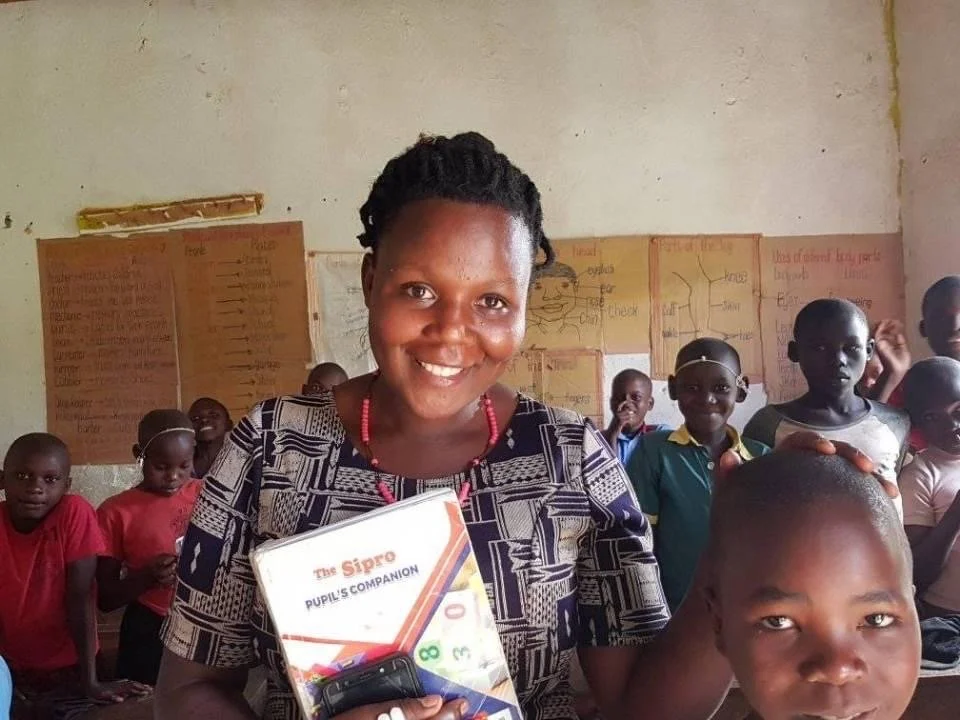Life in Kafunjo: meet the Staff
Without the hard work, diligence, and team effort of the amazing people below, this Project wouldn’t be possible. One of the best ways to care for the children at the Project is to keep the employees paid whose very work is what brings them hope amidst a hopeless village. Paying the nurse means the children will receive free, quality medical care. Paying the cooks and agricultural workers means the children will get to eat. Paying the teachers means the children will have access to free education. Paying the caretakers means the small children will be safe and have a cleaner living environment. And so on. All the employees of the Project are poor, struggling people themselves and we absolutely love that we have the opportunity to support them and their families too. For a more detailed look at the hardships our employees face, please see the information following the photos below.
While this is certainly not an exhaustive list of Kafunjo’s staff, we are so happy to introduce you to some of these inspiring people.
The Impact of Late Salaries:
When employees don’t get paid on time, they face serious problems. Many have spouses in the village who didn’t have the opportunity to finish their education and can’t find jobs because of it. Since not every employee can afford to own a home for their families, some have to rent. If rent is late, landlords might evict them to make room for others who can pay, leaving them homeless. Those who do own homes might live in ones that aren’t finished. Late pay also, understandably, makes it very hard for employees to provide their families with food, medical care, clothes, and school fees. Some rely entirely on buying food from markets because they don’t have land to grow their own. Pregnant wives back home might not be able to see a doctor regularly for check-ups. The list of financial problems that can arise from late salaries just goes on and on.
In Uganda, it’s rare to get food or medical care on credit. Usually, only wealthier people can do this because shop owners and clinics trust that they will pay back the debt soon. Sometimes, a shopkeeper might allow someone with fewer resources to buy a small amount of food on credit, but as debts accumulate, that person would need to seek further credit at other shops to buy more food. Eventually, if debts remain unpaid, shops will refuse to extend credit until all debts are settled. During tough times like these, families might be forced to sell livestock - similar to using emergency funds - to pay off debts and meet their needs. People in Uganda are usually desperate to avoid debt because if they can’t repay it on time, their property might be foreclosed.







